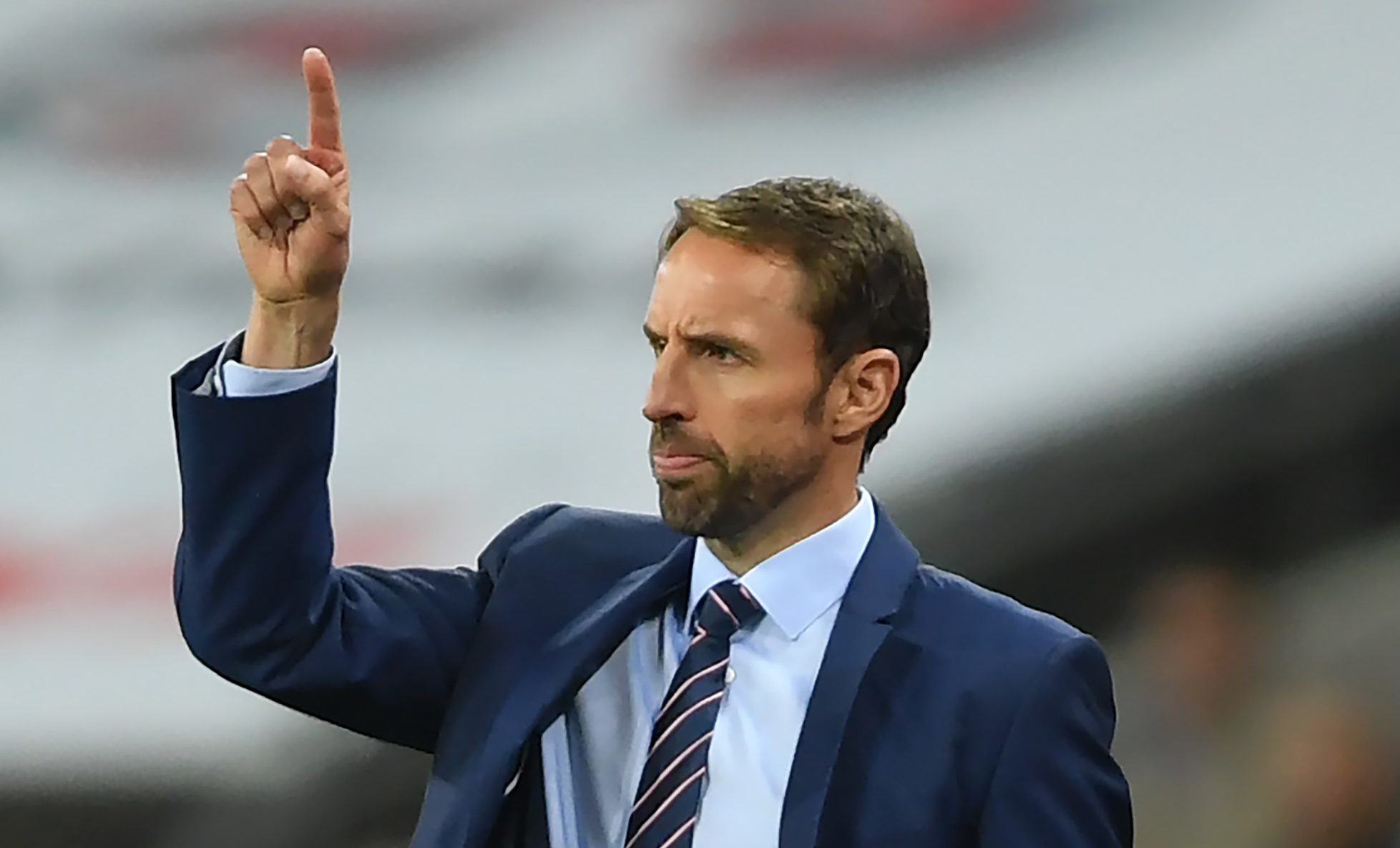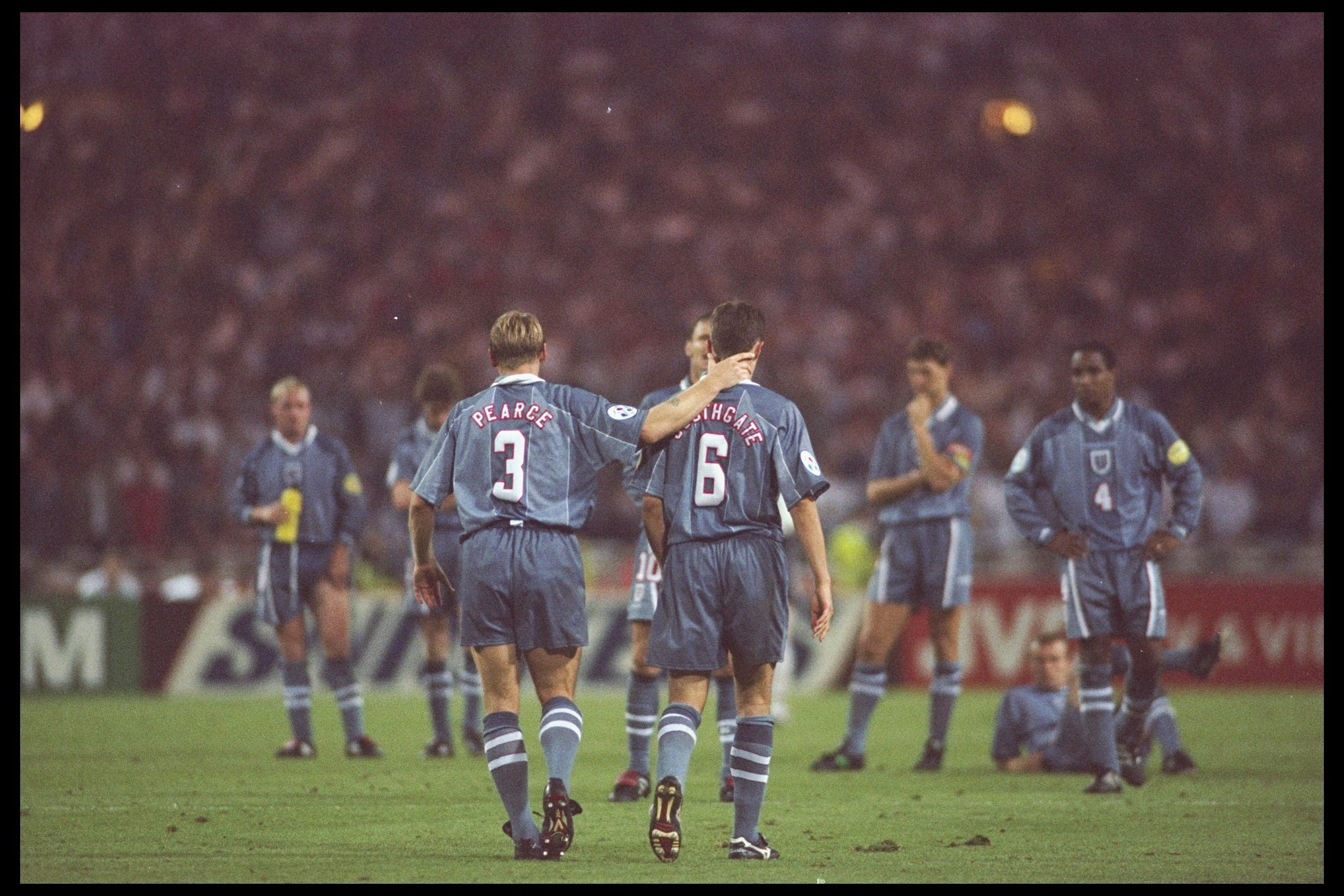
THIS time last year, Gareth Southgate watched Marcus Rashford score a hat-trick as his England Under-21 side beat Norway 6-1 at the Community Stadium in Colchester.
The result meant that qualification was almost secured and Southgate could start firming up his plans for the finals in Poland in the summer.
His team did make it to the Euro Under-21 finals, but neither manager nor hat-trick hero was there. Both had moved on to bigger matters.
In the days that followed that game, Sam Allardyce was caught on camera talking about circumventing FA regulations on third-party ownership.
By the time September was out, Southgate was caretaker manager of the senior England team before being appointed on a permanent basis two months later.
And in the light of Big Sam’s experience – and that of Roy Hodgson, Fabio Capello, Steve McClaren and the rest before him – he was told it was the impossible job.
He selected Rashford in his first senior squad and the Manchester United man has been there ever since, scoring his first goal to clinch the three points against Slovakia last Monday.
It means that this coming week, Southgate can head over to Russia to do some more exploratory work on hotels and training venues for next summer’s World Cup, knowing that two more points from the last two games will clinch top spot.
He’s survived his first 12 months – which included the phasing out of England’s greatest modern-day player, Wayne Rooney, as well as remaining unbeaten in qualifying matches – and can now laugh when it’s suggested that the job of England manager is more difficult than the Prime Minister’s.
“I’m not sure that is true!” quips Southgate.
“I know people say it’s impossible, but no job is impossible.
“It’s clearly bloody difficult. But we’re involved in high-level international sport, so it is never going to be easy.
“Of course, it is complex, and you go through a lot of issues, but my experiences as a player, and as a coach, have helped me enormously, as have those of the staff around me, football and otherwise.
“We are recognising the challenges that are there and we know where we are at, and how much improvement is needed.
“Look, I really have enjoyed the role. It’s a fantastic challenge, it’s a privilege to do it, but we are also having fun.
“I’m 47, and if I can’t use my experiences to help the team – to take pressure off the players, be calm and show them the path forward – then I’m the wrong person for the job.
“I’m able to rationalise everything and, hopefully, provide the players with some perspective as well.
“I can do that because I don’t think I’ll have to go through worse as an individual than I’ve been through already — that penalty in 1996 and the 10 years of fall-out that followed.
“That gives you some perspective, along with other things in life you go through.
“There is also the advantage of having been through the system and managing the Under-21s.
“There are obviously things I haven’t experienced which other managers have, but international football is quite unique. It is a different set of challenges and you need to be around them to know what is important.
“It’s strange when you remember that this time last year, Marcus was scoring those three goals for us at Colchester, then he got the winner against Slovakia.
“We were due to go to Russia this week, whatever happened in the last two qualifiers. But, after that result, it now feels like we are a little bit more entitled to go.”
It’s not often that a manager ends an international week by singling out for special praise a player who never came close to making a contribution on the field.
But Burnley goalkeeper Tom Heaton was at the forefront of Southgate’s thoughts as he sent his players back to their clubs for a month before the final group matches against Slovenia and Lithuania.
“One of the reasons the team did so well last week was the level of training achieved by everybody,” he says.
“However, Tom would be one whose level was outstanding and he really set the tone for everyone else. He stood out.
“Sometimes those things can be overlooked, but when the lads who aren’t playing affect the rest of the group with their professionalism, in the way Tom did last week, then I think that’s a really important sign for the future.”
Heaton won’t be involved when the Champions League starts this week, but Southgate is very happy with the number of his colleagues who will be.
Fifteen of the 24 outfield players he originally selected will play in Europe’s premier competition.
He feels that is a vital factor in the development of his young squad as he attempts to bridge the experience gap between England and other major nations.
“Teams like Spain have top players, with brilliant international and club experience,” he points out. “They are tactically really well drilled and game savvy.
“That’s the level we have to aspire to.
“You look at the players in the Spanish team and the big matches they have been involved in.
“They use the confidence in those big games, because they have been through so many of them.
“They just have that belief that is where they should be.
“It’s going to take time for us to reach that stage, but the pleasing thing is that pretty much all of the outfield team that started against Slovakia will play Champions League football this year.
“There’s only Ryan Bertrand who won’t. That’s really big experience for us to use in the future.
“You might think we don’t want them to go too far because we don’t want them to play too many games. But it’s the exact opposite. It is absolutely what we want.
“If we’re building for mid-to-long term as well as wanting to do as well as we can in Russia, then the more the players experience those big nights under pressure against good technical players with different tactical challenges, the more it benefits England.”
The six points England took during the recent international week means that they are now likely to avoid the play-offs in November.
That means Southgate can test his team in a couple of prestigious friendlies, with teams like Brazil and Germany potential opponents.
Italy and Holland are being lined up for the two friendly slots available next March.
That strategy brings its own drawbacks after it was recently revealed that FIFA rankings, which are used for seeding purposes, can be deliberately skewed if countries opt out of friendlies, particularly those they might lose.
For example, Switzerland and Poland have played very few friendlies in the last year and are higher in the rankings than England, who have played France twice, Germany, Spain and Portugal.
That has obvious consequences for the World Cup draw and future qualification groupings.
“I have been made aware of it and I get it,” says Southgate.
“The question is do we pick some strategically-positioned opponents and attempt to boost our ranking, or do we test ourselves against the very best?
“How are we going to improve, how do we find out the level we are really at, if we don’t play the best?
“So I’m prepared to forfeit the win percentage because I think the long-term benefits for everybody outweigh it.
“Of course, I’d love to have the ranking points as well, but how will we ever get better?
“We’d have an inaccurate view of where we are, and we wouldn’t have the chance to adapt to some of the challenges those big teams pose.
“You get a false sense of security and go into a tournament having not developed a way of playing that is needed against those top teams.”

Enjoy the convenience of having The Sunday Post delivered as a digital ePaper straight to your smartphone, tablet or computer.
Subscribe for only £5.49 a month and enjoy all the benefits of the printed paper as a digital replica.
Subscribe